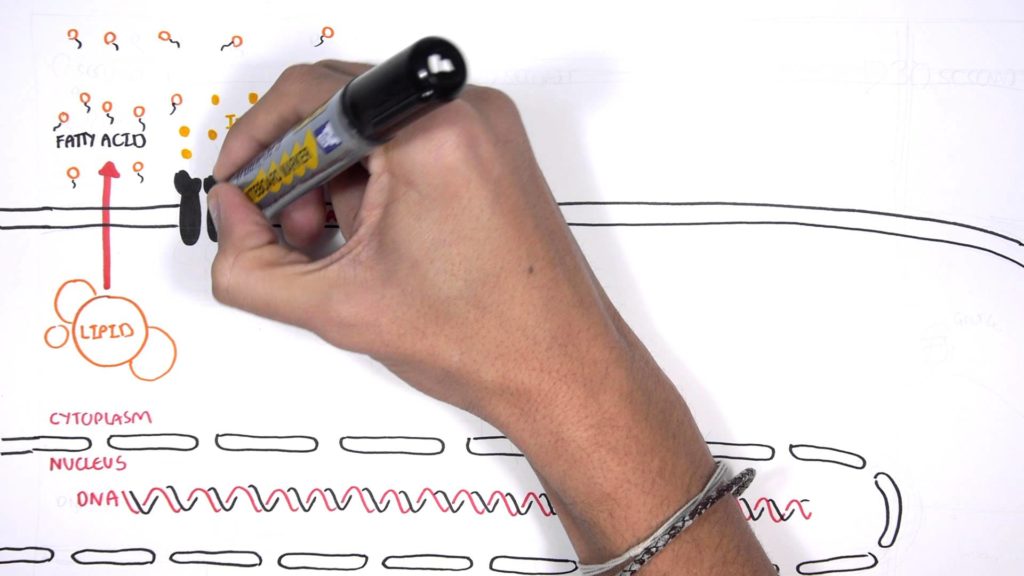A precis of his new research by Alexander C. Gottlob
Insulin Signaling has been found to underlie the cognitive deficits of Fragile X Syndrome, the most common gene linked to ASD’s. Furthermore, correction of these neuro-developmental abnormalities required Insulin Signaling reduction during gestation. This supports this papers hypothesis of hyperglycemia underlying the causes of Autism. Chemical markers of pro-inflammation, such as IL-6, TNFa, and Leptin were found to share a common elevation in the brains of obese diabetic subjects, as well as in those with ASDs; along with gestational Diabetes being found to significantly raise the risk of a child born with an ASD. Taken Along with mouse studies showing ASD behaviours/inflammation being increased with a high glycemic diet, and these behaviours/inflammation being decreased with a low glycemic diet; these finding support the hypothesis that most ASD’s are caused by high glycemic diets.
(To be added soon) A recent research study has also found that fruit filled diets may be responsible for the larger brain size of primates. This is in support of this papers hypothesis, as larger brain, and brain inflammation has been found to be indicative of ASDs. Taken together, these points support the hypothesis that brain inflammation and abnormal social behaviours that are hallmarks of Autism, are due to our brains changing because of diets that are increasingly full of sugars and carbohydrates.
Although my research is mostly finished; information and is being added and will eventually be submitted to a peer reviewed academic journal.
